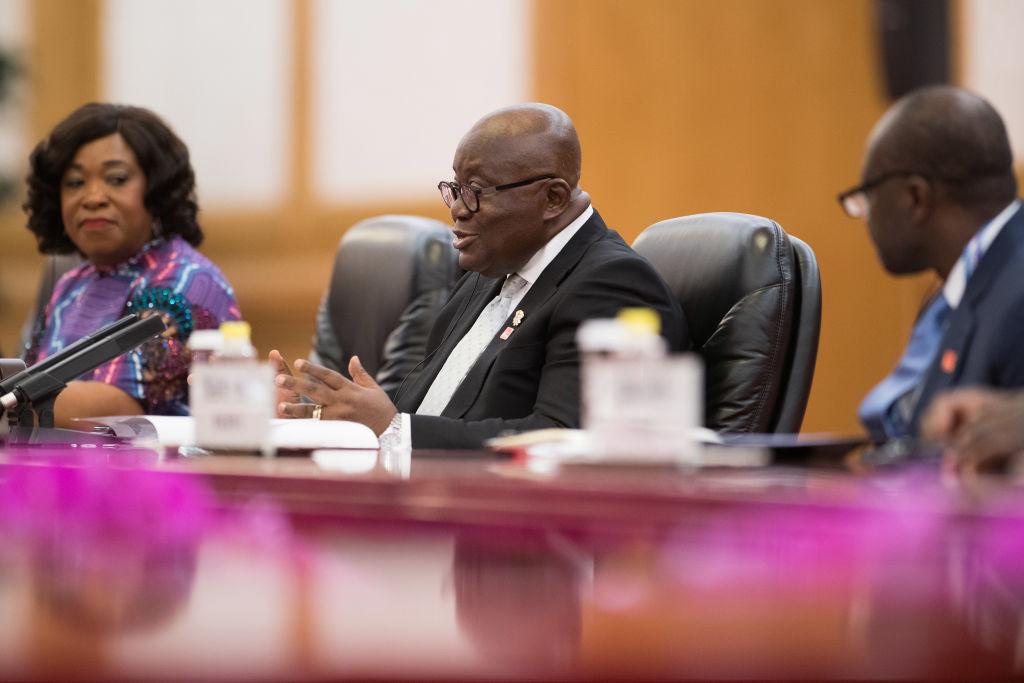Ghana is a country rich in natural resources, including crude oil, gold, diamonds, and minerals such as manganese and bauxite, and China—one of the West African country’s biggest investors—has set its sights on those valuable products.
The investments are part of Beijing’s ambitious development project known as “One Belt, One Road” (OBOR, also known as Belt and Road), announced in 2013 as a plan to build up trade routes linking China, Southeast Asia, Africa, Europe, and Latin America.




